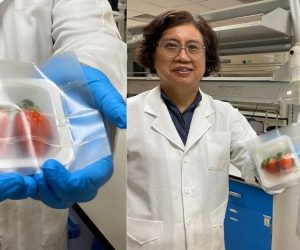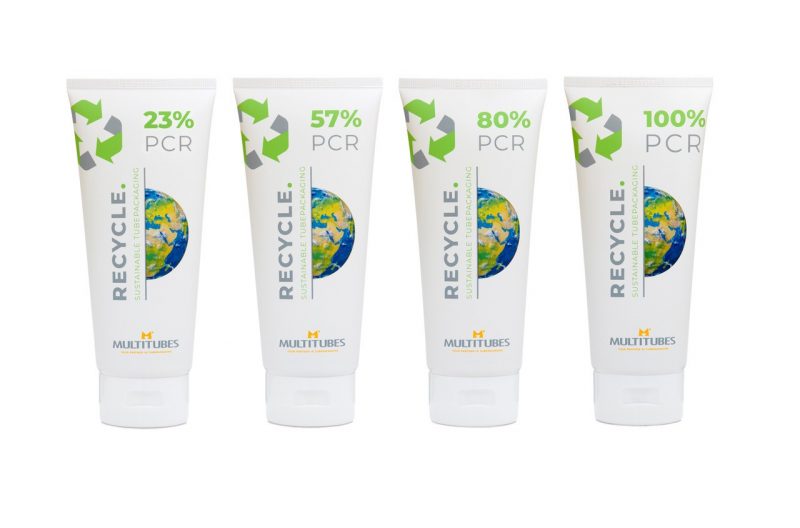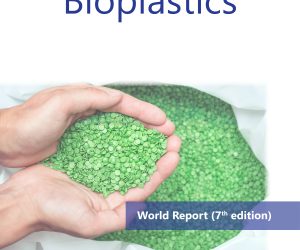

UP TO 100% PCR
We offer two closed-loop PCR (post -consumer recycled) plastic options. Both gained and produced according to European REACH standards. We’ve teamed up with Braskem to regrind the bags they use to supply their bio plastic in.
We make an already sustainable production stream even more sustainable by turning these bags into tubes. 100% PCR, closed-loop, very clean recycled plastic, exclusive to Multitubes. We also offer PCR plastic gained, cleaned and re-grinded in Holland. This PCR contains 70% LDPE and 30% LLDPE, therefore remains very flexible and is convenient to seal.
Due to our co-extrusion production process we are able to produce tubes of multiple layers (5, or as world’s first; 7 layers, later more on this). Because our co-extrusion is asymmetric we can adjust the thickness of each layer, which gives unique PCR options.
The 4 options that we currently offer;
1. 23% PCR, within the middle layers of the tube. Leaving the tubes very white, avoiding PCR contact with product
2. 57% PCR, (bio)virgin inner-layer, EVOH protection barrier (<5%), PCR outside layer. Avoiding PCR contact with product and protection from migration.
3. 80% PCR, (bio)virgin inner-layer. Avoiding PCR contact with product.
4. 100% PCR.
We also offer PCR within the shoulder and in selected caps.
We’re currently working hard to expend our assortment of PCR caps.
100% MONO-PACK
With many tubes that are currently in the market, the tube is made of different types of plastic. In many cased the sleeve is made from PE, the shoulder is made from either PE or PP and the caps is always made from PP. Multitubes is able to offer 100% mono material packaging, for an optimal recycling.
100% PE sleeve, 100% PE shoulder, 100% PE cap.
Sleeve, possible in 100% bio based or PCR material
Shoulder, possible in 100% bio based or PCR material
Cap, possible in 75% bio based material
Because we manufacture our own caps we don’t depend on third parties and remain flexible on a sustainable point of few. Besides the sustainability aspect, it makes us very competitive, keeps us flexible towards our customers and makes it able to offer custom-made caps or applicators for the bigger volume projects.
THÉ SUSTAINABLE ANSWER TO ABL
Many brands use ABL due to their demand of a high-barrier (like toothpaste for example). However, ABL is a recycling nightmare due to its multi-material composition. As mentioned earlier, we offer (as world’s first) 7-layered extrusion tubes. With this technique we’re able to offer ABL-matching barriers, whilst having a 100% recyclable pack. Due to our ultra-strong EVOH we’re capable of remaining underneath 5% of EVOH, which is considered to be the standard for recycling companies worldwide (in order to recycle without any issues). We can even stay below 2% (Swedish-standards) and still offer barrier properties like no other extruded tube. Besides being 100% recyclable, extruded tubes offer more benefits compared to ABL;
– Plastic memory, keeping a smooth and stable tube in its complete lifespan
– The possibility of having transparent tubes
– Unlimited decoration possibilities
NEXT-LEVEL BIO BASED TUBES
Multitubes was the first in 2012 to launch renewable alternatives for extruded tubes. We produce up to 100% bio-based tube sleeves and shoulders, that can also be high-transparent. Recently we’ve also succeeded into producing some of our own caps in 100% bio based material. Bio-based plastic has two major benefits compared to regular plastic. Firstly, for regular plastic’s main ingredient, ethanol, we require earth oil. Earth oil is a source that we will eventually run out of. Therefore we had to find an alternative. We found that alternative in Rio Grande do Sul, located in the southern region of Brazil, far away from the rainforest. This plastic has the exact same properties as our regular plastic, the only difference; the ethanol used to produce this plastic is not made of earth oil, but of the waste product of sugarcane. A renewable source that can be replanted, without taking any sugar out of the food chain.
The second benefit bio-based plastic has, is that it captured CO₂ in the production process. Because the bio-based plastic we’ve found in Brazil comes from sugarcane plants, it actually captures a lot of CO₂. To compare; regular plastic emits 2.100kg CO₂ during the production of 1.000kg plastic. Our bio-based plastic captures 2.500kg+ CO₂ per 1.000kg plastic. To give you an idea; by using 200.000 ton of bio-based plastic instead of regular plastic we prevent a CO₂ emission equal to the yearly emission of more than 1.000.000 cars.
The bio-based plastic we use is 100% recyclable in the same stream as regular plastic. Benefits of Multitubes’ bio-based assortment compared to others;
- A completely customized mix, containing HDPE, LDPE and LLDPE if requested
- 75% bio-based caps, over 50% more than any other cap currently on the market
- 100% mono-pack bio-based plastic
For more information go to www.multitubes.com





